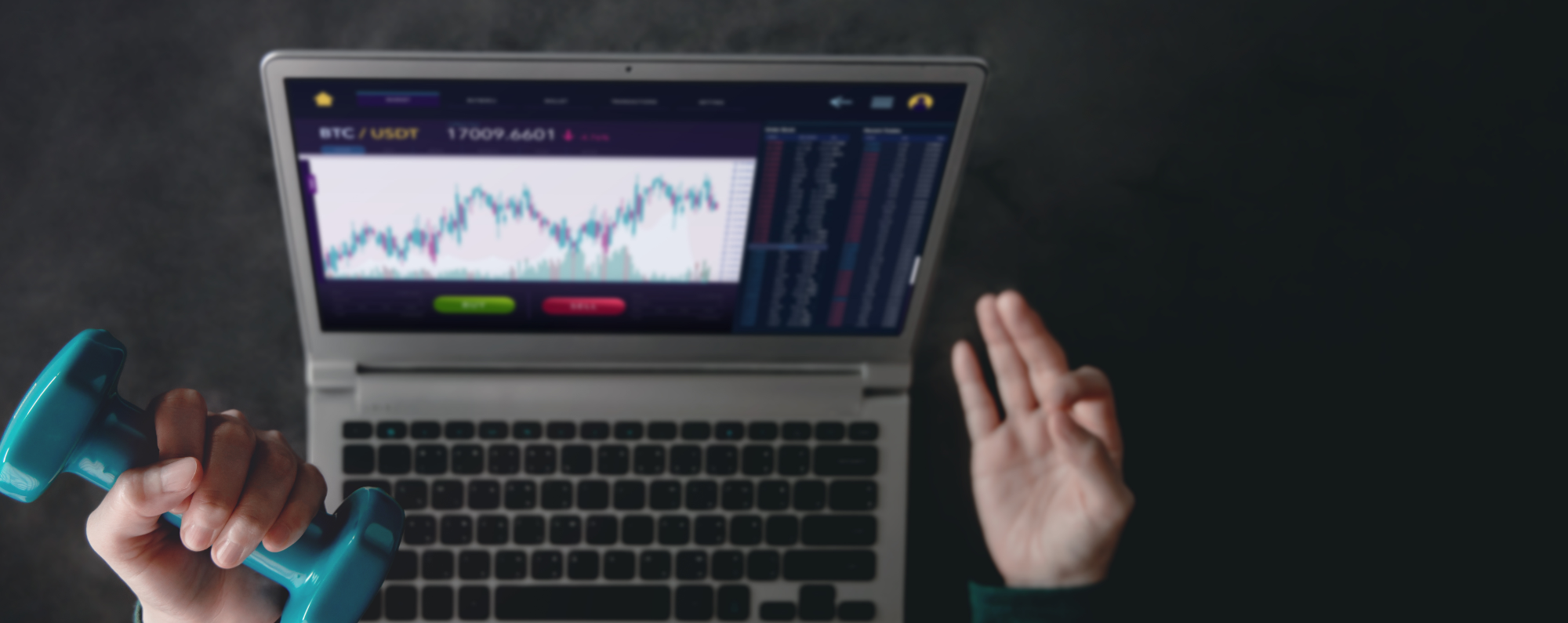Well, it’s mid-year and we’re enduring all sorts of challenges including a volatile and declining market.
It’s not that I didn’t expect a market correction, I just expected it two years ago. Really, 4 years ago. We had the briefest market shock in March 2020 only to return to a blockbuster market. Why? The correction in March 2020 made sense considering what the country and the world were facing, but we quickly responded with a lot of stimulus checks and the market snapped back. And why didn’t the market correction happen earlier than 2020? 🧐 Because we have had a zero-interest-rate policy since 2008 with only brief rate hikes. And this is not normal. This extended period of borrowing at historically low rates has kept the market artificially afloat.
So, “What do we do about it?”, you ask. I’ll get to that in a moment.
For the last two months we have seen inflation spike, interest rates rise, and markets decline. They are all related.
The Federal Reserve, often referred to as The Fed, has signaled at stopping the stimulus and low-interest-rate environment and raising rates for quite a while, and low and behold, they finally did it.
Why didn’t they stay on the path of raising rates way back in December 2018? I can’t answer that, but I think we would have been much better off if they did.
(This isn’t a criticism of any political regime. It’s simply an attempt to discover what happened and how to proceed.)
My hope is that the Fed stays the course and gets interest rates back to a normal level so we can hope to rebuild our economy on a stronger footing. And that rates don’t rise so quickly that they drive the economy into a recession. Why go 75 basis points in one meeting when you have had a zero interest rate policy for 12 years? Because inflation is suddenly here? We knew this was coming but we chose to ignore it, and now we may be over-correcting or correcting too quickly. The Fed is signaling another 75-basis point raise in July. This will get us to a 2.25% Fed funds rate, which is approaching sanity, but I am afraid we are going way too fast. And, if we get to 3%, which I think we will, there is a good chance the Fed will have to pull back abruptly and go back to zero which will not help our economy long term.
So, what to do about it all? Don’t panic. Don’t sell it all and go to cash and hope you can time the market’s return.
- Start to raise cash now for upcoming projects. If you need to put a roof on the house or pay college tuition, start accumulating that cash now.
- Assess or reassess your risk preference considering the downturn and make the necessary changes. Side note : When we have clients do risk assessment in a bull market, they score higher than when the market is in decline. Taking a fresh look at your risk preference now will help you hold it together for what will likely be a volatile year.
- Be realistic about returns for the coming year or two and don’t take risks to make up for losses you may have incurred.
- Get out of stocks that have no earnings or very high price-to-earnings ratios. Seriously. Forget about those stocks that have promise for the future but haven’t made money yet. The markets have punished and will continue to punish these stocks.
- What is a stock with a high P/E? Tesla comes to mind. Now I know some of you will say he’s a genius and he is going to save the world or build us a rocket to Mars when the environment crumbles, which is great, but the market will continue to punish these high multiple stocks. Tesla trades at 92 times earnings which roughly translates to: at current earnings, it will take 92 years for each share to pay for itself. Sure, the growth rate of Tesla justifies the high P/E. I know. It does until it doesn’t.
- Did you buy something that suddenly looked cheap a couple of months ago like a Netflix or a Facebook? I did. I got swept away. It may be time to reconsider any such decisions. Being an adult in the investment world is admitting when you make a mistake and moving on… not doubling down on a bad call. The second you know you no longer have a good hand is the time to fold. Hoping that a bad card helps your hand will probably just bring more pain.
- So, after you clean up the mistakes in your portfolio you have a couple of options : Keep the cash from your discarded unicorn stocks, or buy high-quality, low multiple stable companies with good balance sheets. (Think Warren Buffet here. There is plenty of his philosophy out there on YouTube, and every other channel of wisdom out there.)
- Get rid of debt. If the economy goes into a recession and interest rates continue to rise, debt is going to feel a whole lot less comfortable than it does now.
🥽🥽🥽🏊♀️🏊♂️🏊♀️
This is not meant to be an exhaustive list of actions you may need to take, just those that come to the top of my mind.
If you need help with any of the above (especially those risk assessments), just reach out to us here: https://calendly.com/david-hicok or here [email protected] or here : 949-439-9075.
There are lots of smart people out there that may disagree with some of my observations above and we welcome their thoughts. Respond with your thoughts here or pass them along to the smartest people you know. We’d like their thoughts too.
Enjoy the sun and maybe a day off or two.
Have a great month. 🏳🌈
David






